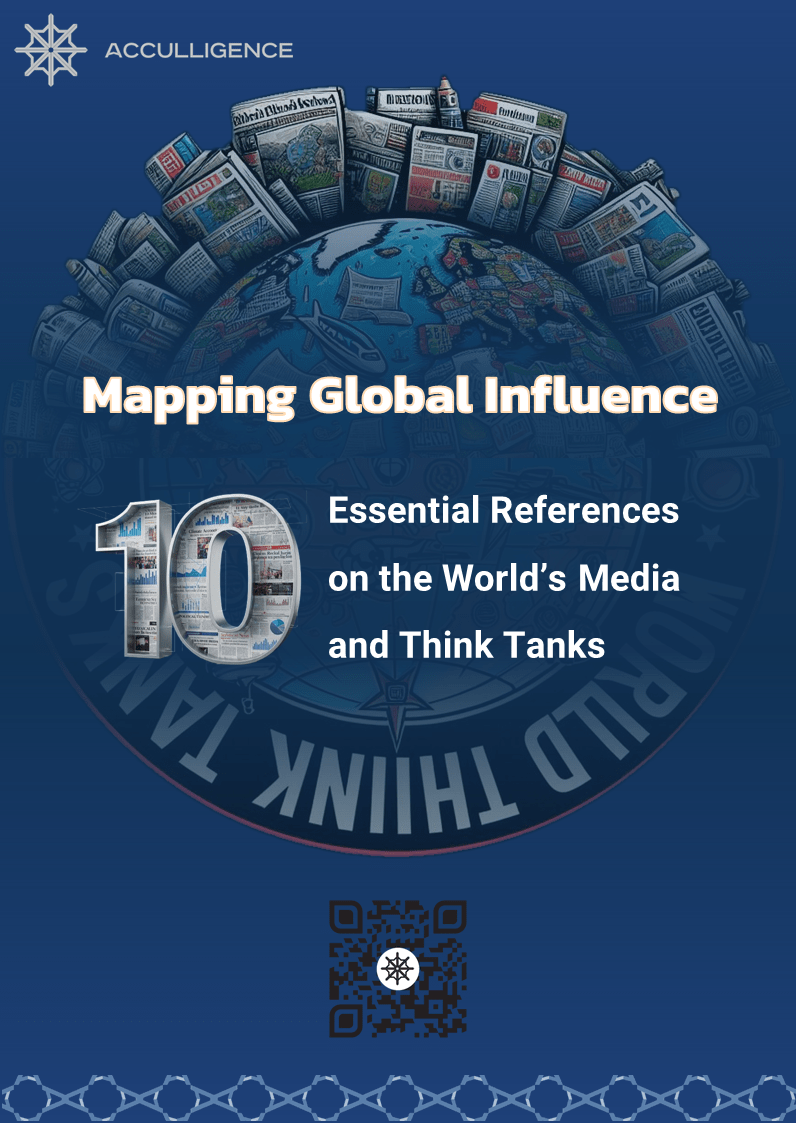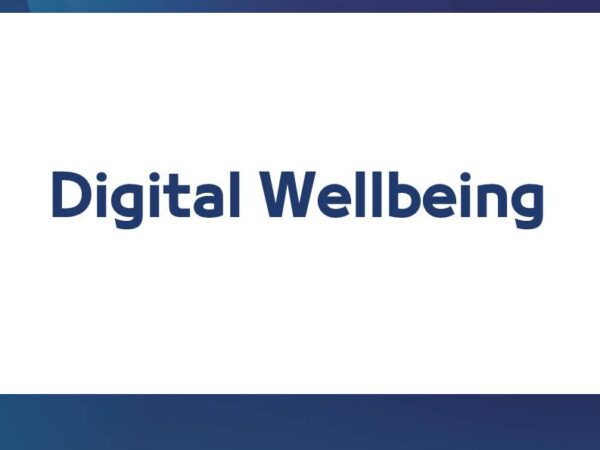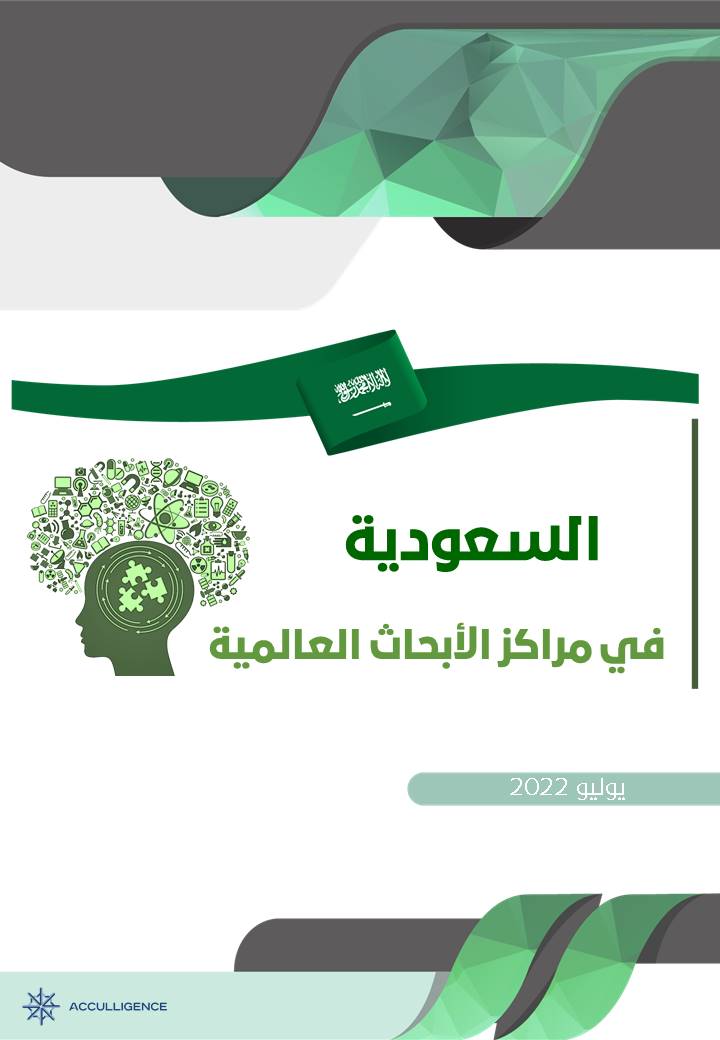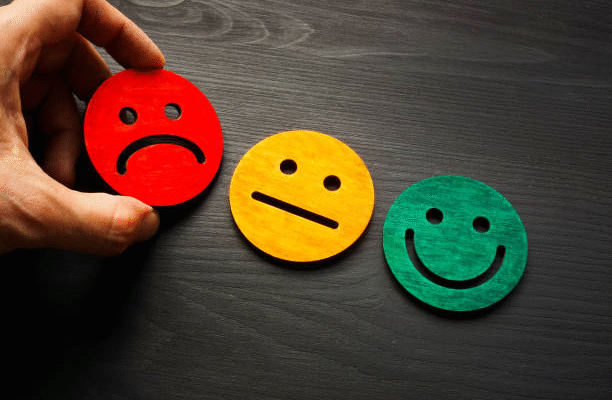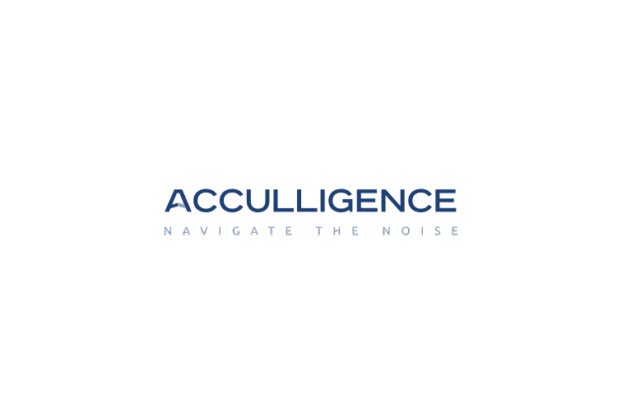Struggling to steer your media ship? Trust our multidisciplinary experts and AI-powered tools to steer your ship ashore.
Accurate Media Intelligence Seamless Language Solutions
Let's explore your needs and craft your success story.








Making today's complex media slot into place
by dint of comprehensive suite of media intelligence and language solutions.
Solutions
Media Monitoring & Analysis
Social media listening & analysis
Influencer & Thought Leader Identification
Competitive Analysis
Risk Intelligence
Daily Media Digest
Think Tank Briefing
Customized Reports
Scriptwriting (TV, Documentary, Podcast)
E-books & Book Reviews
Company Profile & Press Releases
Blog Writing & Evergreen Content
Translation Team Management
Transcreation
Localization
Editing & Proofreading
What Sets Acculligence Apart?
Cut through the Noise
Our Claim to Fame
Beyond the Headlines
Crisis-Proof Strategies
About Acculligence
Ever since its inception in 2016, Acculligence has established itself as a trusted partner in media intelligence and language solutions. It has empowered governments, businesses, and NGOs to make data-driven decisions, to enhance crisis management, and to confidently navigate the intricate realm of media and communication.
Unleash your full Potentials
Focus. Clarity. Agility. Accuracy. Partnership.
Who we serve?
Let's explore your priorities and see how we can help you achieve your goals.


What we cover
Printed Newspapers and Magazines Electronic Newspapers and News Websites Broadcast Media: Television, Radio, and Podcast Social Media Think Tanks and Polling Centers Government activities NGOs Industry Reports Archive of Media Monitoring & Analysis
0
Years of experience
+0
languages
+0
Success Partners
+0
Reports
Testimonials

Collaborating with Acculligence has been a consistently positive experience. Their innovative approach to project briefs, commitment to deadlines, and high-quality deliverables set them apart. Wishing them continued growth and success.

In high-stakes environments where precision is non-negotiable and there’s no room for second tries, Acculligence proves to be a truly dependable partner. They understand the brief before execution even begins, and their deliverables arrive just as they should—complete, polished, and requiring no revisions. What sets them apart is not just the quality of their work, but also their clarity in communication, well-thought-out alternatives, strict adherence to deadlines, and a level of professionalism that makes follow-up almost unnecessary. They’ve become an essential part of our success formula—trusted in critical tasks and relied upon in contexts where accuracy, seriousness, and results are paramount.

We've had the pleasure of working with Acculligence on high-level international reporting projects, and they’ve consistently delivered with professionalism, precision, and real added value at every stage. Their attention to detail, commitment to deadlines, and ability to meet global quality standards stood out from day one. They also provided top-tier translation services and tailored plans that supported several of our initiatives—earning our trust as a reliable partner we wholeheartedly recommend for similar projects. With sincere appreciation,





















































